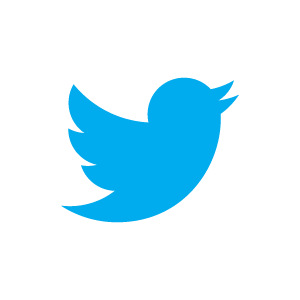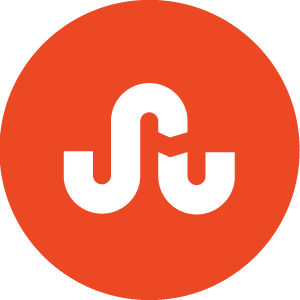Facebook was famously created by a college dropout, Mark Zuckerberg, who developed the web application while an undergraduate at Harvard. The purpose of Facebook was originally for connecting, and reconnecting with friends. This concept was attempted previously with such platforms as Friendster and Myspace with limited success.
The creation and subsequent copyright challenge was documented in the dramatic movie, The Social Network.
Twitter was first unveiled at the South By South West (SXSW) in 2007. The concept behind Twitter was that people be able to push ideas out to a global audience within the limitations of a text message, 120 characters.
SXSW was originally a conference located in Austin, Texas for showcasing film, interactive and music in a festival atmosphere. Since its inception in 1987 this conference has become an important venue for launching new innovations by leaders in the industry.
Twitter has become a tool for people to get information out quickly and easily, which can be searched across tweets using keyword terms and branded text.
Youtube
YouTube is a platform that allows any user to post original videos for public consumption. It was developed by 3 people who had originally worked at PayPal, a platform which allows people to distribute funds in a secure way via the internet.
A major concern for users of YouTube has been with the copyright owners of the video content. Oftentimes people may be uploading videos that are only partially, or seemingly wholly created by a third party. The question becomes who owns the copyright of the video content and what responsibility, if any, does YouTube have in policing the videos to ensure that rights are not being violated.
In 2006, YouTube was acquired by Google for $1.65 billion. This was after Google had made their own attempts at creating an open source of video content and distribution, Google Video.
LinkedIn is a website whose purpose is for connecting with colleagues in a professional environment. Trends have suggested that sites such as LinkedIn has replaced job search sites such as Monster.com as ways for companies and individuals to post and seek employment.
LinkedIn has had a challenge in staying relevant, since most people expect social media to be free, and the platform not being a space where people go for entertainment but rather go for professional connections. With limited viewing, advertising becomes limited in its advertising potential. They have recently tried integrating new features such as "endorsements".
Pinterest is based on the bulletin board or scrapbook concept where people collect images that inspire them and pin them to their pinboard. Pinterest is a relatively new platform which was launched as a beta in 2010. It has subsequently become one of the more popular means of social networking.
People can search on the Pinterest site for others who have interest in images from similar categories. Users can "repin" images from others' pinboard. The images are categorized in popular categories such as travel, cars, food, film, etc. Again there is a question of copyright when it comes to use of images on Pinterest created by a third party.






